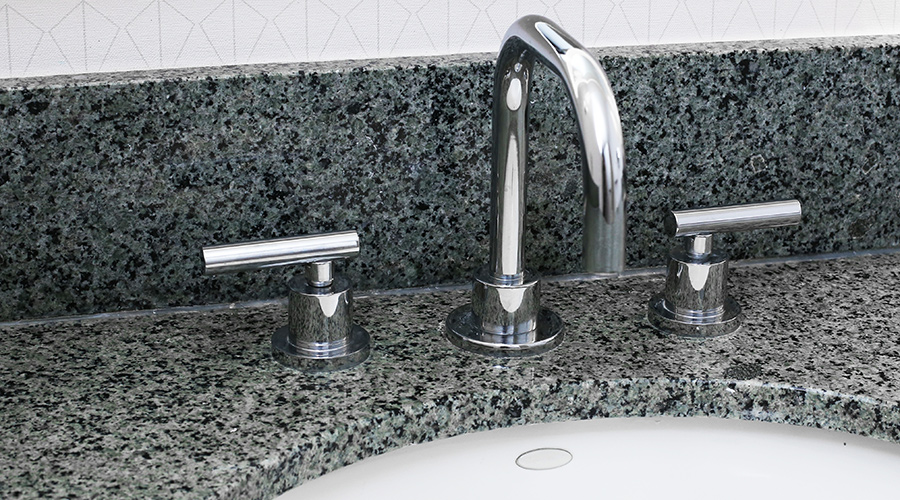A recent study in an academic medical center observed that monthly feedback in face-to-face meetings with frontline personnel was crucial in maintaining environmental-cleaning effectiveness in adult critical-care units, according to an article on the Infection Control Today website.
The researchers studied several efforts to sustain a critical-care environmental cleaning quality improvement (QI) project consisting of a 43-point room-cleaning checklist, development of a housekeeper educational program, production of a training DVD, use of an objective measurement of cleaning, and feedback to housekeepers in monthly face-to-face meetings.
Performance maintenance was analyzed during five phases in which the frequency and method of data feedback were altered.
The researchers found that the pre-intervention cleaning compliance was 47 percent. After initiation of the QI campaign, compliance improved to approximately 75 percent within three months. Different maintenance phases, with various levels of reporting, were then tested.
The study showed that a combination of immediate feedback of individual room-cleaning data to EVS personnel and monthly reporting of composite information in face-to-face meetings between the infection preventionist and unit housekeepers was the most effective program.
"We speculate that the most important aspect of the maintenance program was the face-to-face interaction between the infection preventionist and the EVS personnel. We believe that our willingness to expend time resources reinforced the importance of the program and furthered collaborative team building," the study authors said.

 From Downtime to Data: Rethinking Restroom Reliability in Healthcare
From Downtime to Data: Rethinking Restroom Reliability in Healthcare LeChase Building Four-Story Addition to UHS Delaware Valley Hospital
LeChase Building Four-Story Addition to UHS Delaware Valley Hospital AdventHealth Sebring Breaks Ground on Expansion Project
AdventHealth Sebring Breaks Ground on Expansion Project Regulations Take the Lead in Healthcare Restroom Design
Regulations Take the Lead in Healthcare Restroom Design AHN Allegheny Valley Hospital Opens Expanded Inpatient Rehabilitation Unit
AHN Allegheny Valley Hospital Opens Expanded Inpatient Rehabilitation Unit